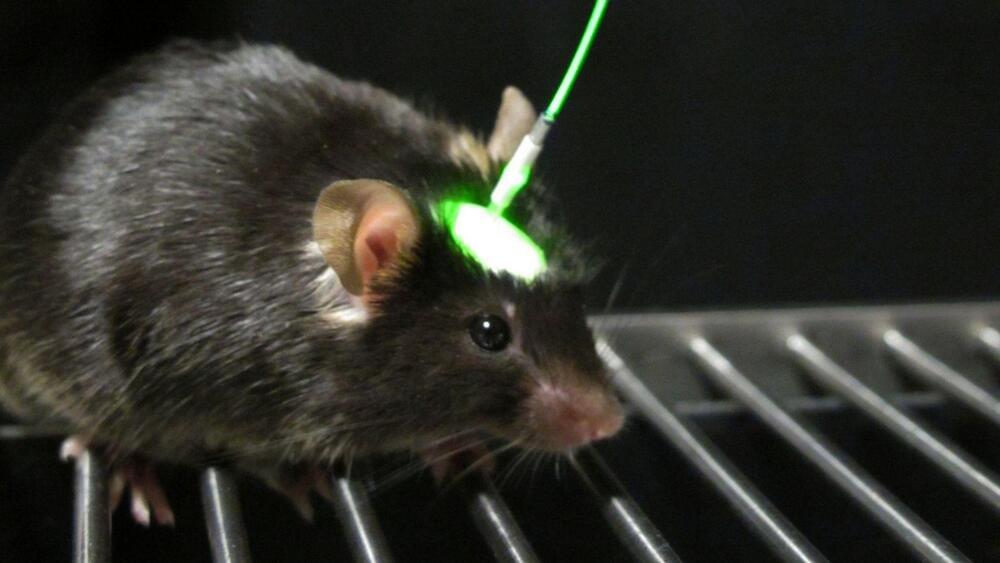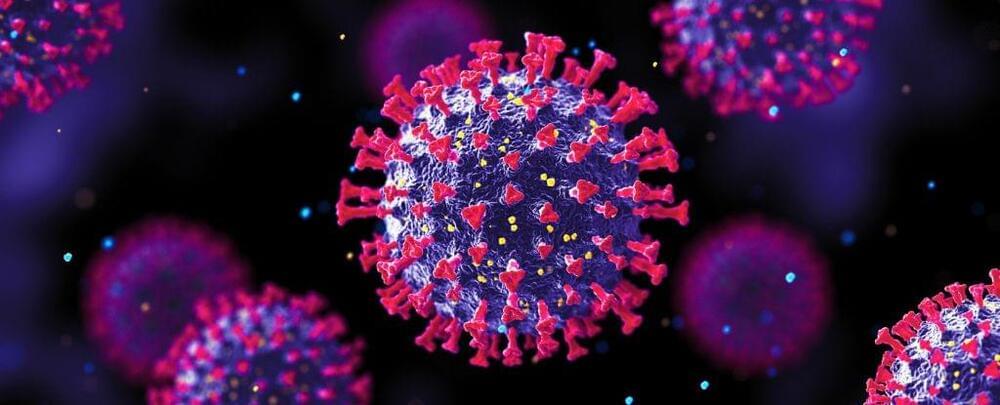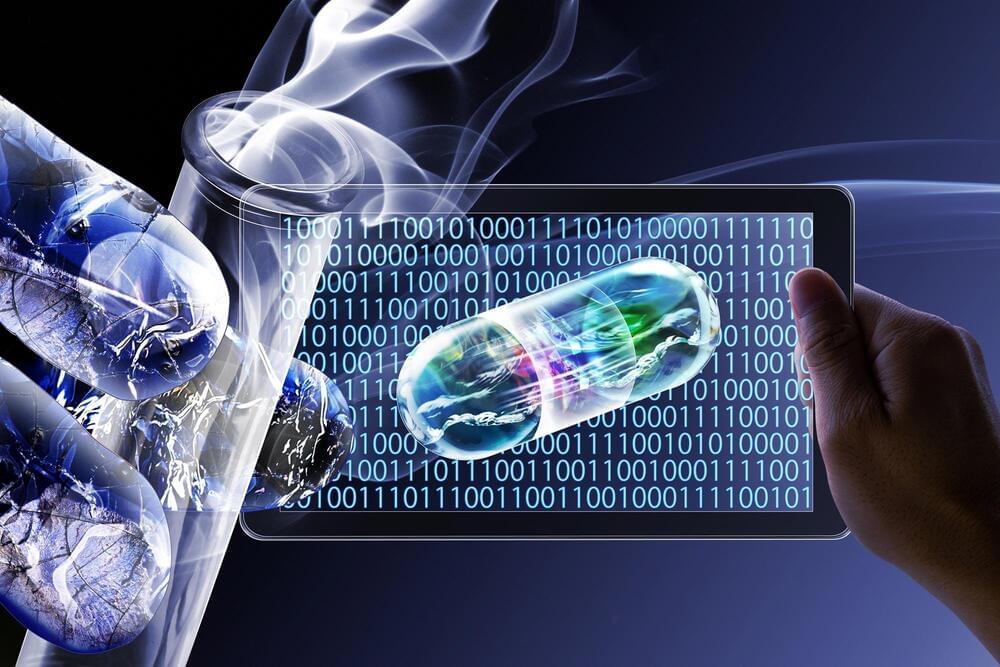Time to reverse your age and restore youth.
Scientists at a San Diego-based biotech company Rejuvenate Bio claim to have increased the age of mice by reprogramming their genes. They believe their gene therapy actually works like a reverse aging technique that one day might be used for rejuvenating humans.
Their lifespan increased by about seven percent after the introduction of the genes.









